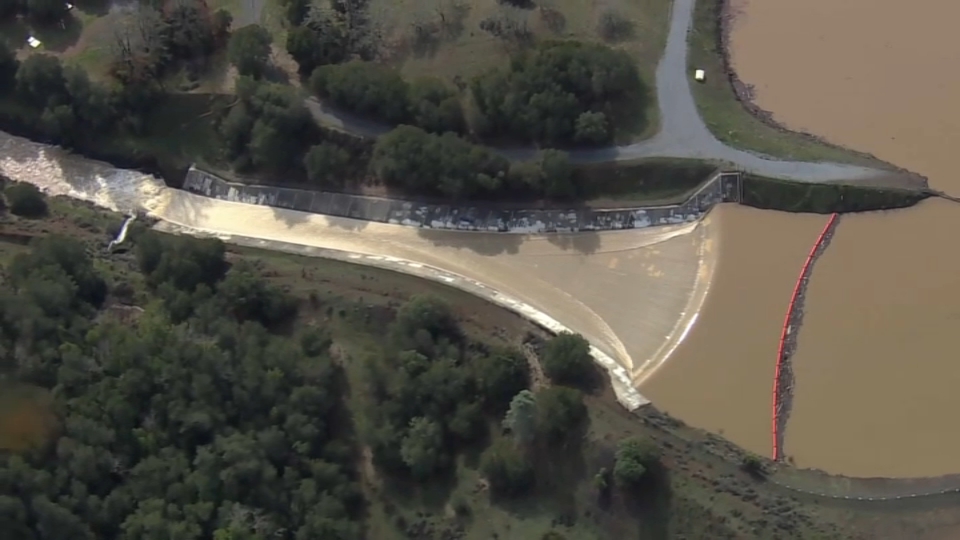The latest statewide snowpack measurement from the California Department of Water Resources is another indication that the tremendously wet winter might have been too much of a good thing.
The agency's readings from 130 snow sensors placed throughout the Sierra Nevada show the snowpack's snow-water equivalent is 61.1 inches, or 237% of average for April 1.
The snow-water equivalent measures the amount of water held within the snowpack.
“This year's result will go down as one of the largest snowpack years on record in California," said Sean de Guzman, manager of DWR's Snow Surveys and Water Supply Forecasting Unit.
Only in 1952, 1969 and 1983 were statewide measurements above 200% of the April 1 average.
The DWR measurements come from three main Sierra Nevada regions, with the Southern Sierra snowpack currently at 300% of average, its largest ever, while the Central Sierra is at 237% of average and Northern Sierra, where the state's largest reservoirs are, is at 192% of average.
Due to the huge amount of rain and snow that fell since December, when water managers were still expecting a fourth year of punishing drought, DWR increased its estimated State Water Project deliveries to 75% in March, up from 35% in February.
Also, Gov. Gavin Newsom signed an executive order eliminating more than 50 of the 81 drought emergency provisions that he enacted in April 2021, including the 15% statewide voluntary water conservation goal and the requirement that roughly 450 local water agencies enact their own drought emergency plans.
While the monstrous snow measurement is good news for drought relief and for the state's drinking water supply, reservoir managers and emergency response agencies throughout California are bracing for widespread flood risks -- particularly in the San Joaquin Valley and the Tulare Lake Bains -- as the spring snowmelt looms.
Get a weekly recap of the latest San Francisco Bay Area housing news. >Sign up for NBC Bay Area’s Housing Deconstructed newsletter.
"This year's severe storms and flooding is the latest example that California's climate is becoming more extreme," said DWR Director Karla Nemeth.
"After the driest three years on record and devastating drought impacts to communities across the state, DWR has rapidly shifted to flood response and forecasting for the upcoming snowmelt. We have provided flood assistance to many communities who just a few months ago were facing severe drought impacts," Nemeth said in a news release Monday.
The water agency has tentatively scheduled another snow survey in May.



